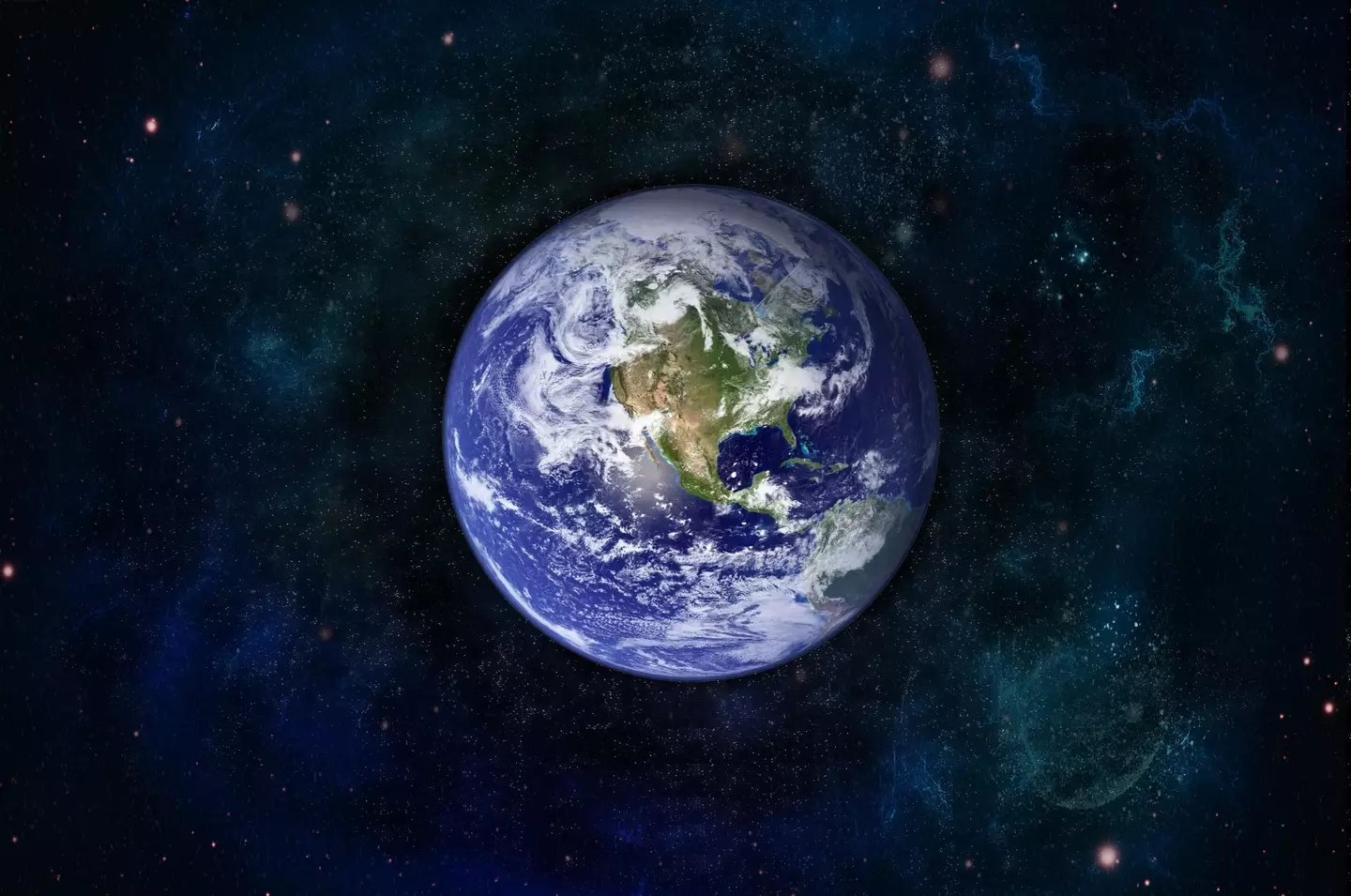
Two astrobiologists have revealed a theory as to why aliens haven't yet visited Earth.
One UFO expert recently theorised that seagulls are actually aliens in disguise who have been inhabiting Earth for quite some time.
However, Dr Michael Wong from the Carnegie Institution for Science in Washington, and Dr Stuart Bartlett from California Institute of Technology believe aliens have never visited Earth before and have come up with a hypothesis as to why.
The Fermi paradox debates the existence of aliens when there is so little evidence, particularly as no extraterrestrial life has contacted Earth or visited it yet. On the other hand, it would be extremely unlikely that Earth is the only planet in the universe capable of supporting life.
Advert
Dr Wong and Dr Bartlett believe they have an answer.
They think other potential civilisations may have burnt out.
The astrobiologists believe the races who should have evolved in a way to travel through the universe to other worlds haven't done so because they've hit a crisis point called 'singularity'.
'Singularity' means when the demand of a world is so great - because of issues such as over-population and energy consumption - that it can't be as innovative anymore, so much so that the only way to survive is to focus on its own world and not explore the rest of the universe any further.
The scientists have subsequently proposed a 'new resolution' to the paradox.
Advert
They wrote in a new study published in the Royal Society Open Science: "Civilisations either collapse from burnout or redirect themselves to prioritising homeostasis, a state where cosmic expansion is no longer a goal, making them difficult to detect remotely.
“Either outcome — homeostatic awakening or civilisation collapse — would be consistent with the observed absence of (galactic-wide) civilisations.”

The scientists explained how growth is halted when societies scale up by a significant degree.
Advert
Similar to civilisations on Earth, they noted how other races would also need a significant amount of energy to maintain the extensive use of technology it needs to grow.
They explained how crisis points are often hit by large civilisations, such as during the Cold War when there was a de-escalation of weapons of mass destruction and the attempt to mend the hole in the ozone layer with a ban on Chlorofluorocarbons (CFC), which Dr Wong and Dr Bartlett described as a 'mini-awakening' for Earth.

Other scientists have argued aliens simply don't care enough about visiting Earth, and others have debated how equipped other civilisations are in relation to technology, engineering and biology.
Advert
While some alien civilisations may have burnt their worlds out, Dr Wong and Dr Bartlett explained how there is still hope.
The worlds which are close to burnout could be easier to discover because of the energy they are using acting as a fairly clear signal.
The astrobiologists explained how the energy would also be being used in a 'wildly unsustainable manner'.
They concluded: "This presents the possibility that a good many of humanity’s initial detections of extraterrestrial life may be of the intelligent, though not yet wise, kind."
Advert
If you have a story you want to tell, send it to UNILAD via [email protected]
